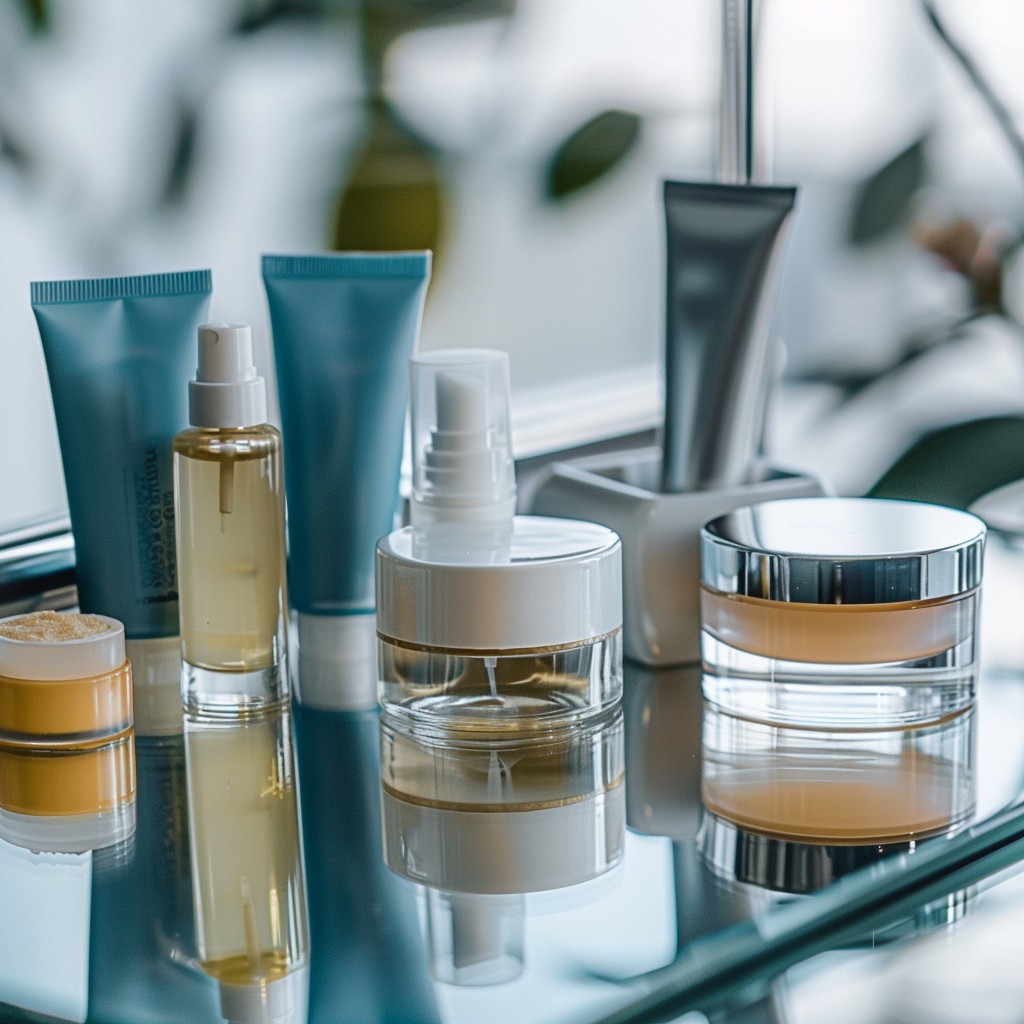Welcome to our blog, where we will be exploring the world of vulvar dermatitis – a common condition that affects the skin of the vulva, the external female genital area.
Imagine this: you’re going about your day when suddenly, you start to feel some discomfort in your nether regions. It could be itching, redness, or inflammation. You might even start to feel a bit self-conscious or worried about what’s going on down there. Well, fear not, because you’re not alone. Vulvar dermatitis is a condition that many women experience at some point in their lives.
What is Vulvar Dermatitis?
So, what exactly is it? It is characterized by inflammation, itching, and discomfort in the vulvar region. This can be caused by a variety of factors, including allergies, irritants, and skin conditions. It’s important to note that everyone’s body is different, so what might trigger vulvar dermatitis for one person may not affect another in the same way.
Causes of Vulvar Dermatitis
It may be due to quite a few factors, including:
- Allergies: Allergies to soaps, detergents, fragrances, or other substances can cause vulvar dermatitis.
- Irritants: Irritants such as douches, scented tampons, or tight clothing can cause inflammation and discomfort in the vulvar region.
- Skin conditions: Skin conditions such as eczema, psoriasis, and lichen sclerosus can cause vulvar dermatitis.
- Infections: Infections such as yeast infections, bacterial vaginosis, and herpes simplex virus can cause vulvar dermatitis.
- Hormonal changes: Hormonal changes during menopause or pregnancy can cause vulvar dermatitis.
Symptoms of Vulvar Dermatitis
Symptoms of vulvar dermatitis can vary from person to person, but some common signs to look out for include redness, itching, burning, and swelling If you’re experiencing any of those symptoms, it is critical to are seeking for scientific recommendation to decide the reason and suitable treatment.
- Itching: Itching is the most common symptom of it, and can range from mild to severe.
- Burning: Burning sensations in the vulvar region can be a symptom of it.
- Redness: Redness and inflammation in the vulvar region can be a symptom of it.
- Swelling: Swelling in the vulvar region can be a symptom of this.
- Discharge: Abnormal discharge from the vagina can be a symptom of it
Diagnosis of Vulvar Dermatitis
Diagnosing it typically involves a physical examination of the vulva, as well as a review of the patient’s medical history. A healthcare provider may also perform a pelvic exam and take a sample of tissue or discharge for further testing.
Treatment Options for Vulvar Dermatitis
Treatment options for it can range from over-the-counter creams to prescription medications, depending on the severity of the condition. It’s always best to consult with a healthcare professional to determine the best course of action for your specific case, but common treatment options include:
- Topical creams: Topical creams or ointments can be used to reduce inflammation and itching.
- Oral medications: Oral medications such as antihistamines or corticosteroids can be used to reduce itching and inflammation.
- Antifungal medications: Antifungal medications can be used to treat yeast infections.
- Hormone replacement therapy: Hormone replacement therapy may be necessary for women experiencing it due to hormonal changes.
Prevention and Self-Care
In addition to seeking medical treatment, there are also some self-care tips that can help alleviate symptoms and prevent flare-ups. These include avoiding harsh soaps and detergents, wearing cotton underwear, and practicing good hygiene habits, including:
- Practicing good hygiene: Practicing good hygiene, such as washing the vulva with gentle soap and water, can help to prevent from it.
- Avoiding irritants: Avoiding irritants such as douches, scented tampons, and tight clothing can help to prevent from this.
- Wearing loose clothing: Wearing loose, breathable clothing can help prevent vulvar dermatitis.
- Avoiding harsh soaps: Avoiding harsh soaps and using gentle, fragrance-free cleansers can help prevent vulvar dermatitis.
Conclusion
Remember, it is a common condition that many women experience at some point in their lives. By expertise the causes, symptoms, and remedy options, you could take manipulate of your fitness and well-being. Don’t be afraid to speak up and seek help if you are experiencing any discomfort in the vulvar region. Your body will thank you for it.
If you want to know, “How to Treat Sexually Transmitted Fungal Infections”
https://www.medicalbluff.com/2024/08/19/sexually-transmitted-fungal-infections-comprehensive-guide





